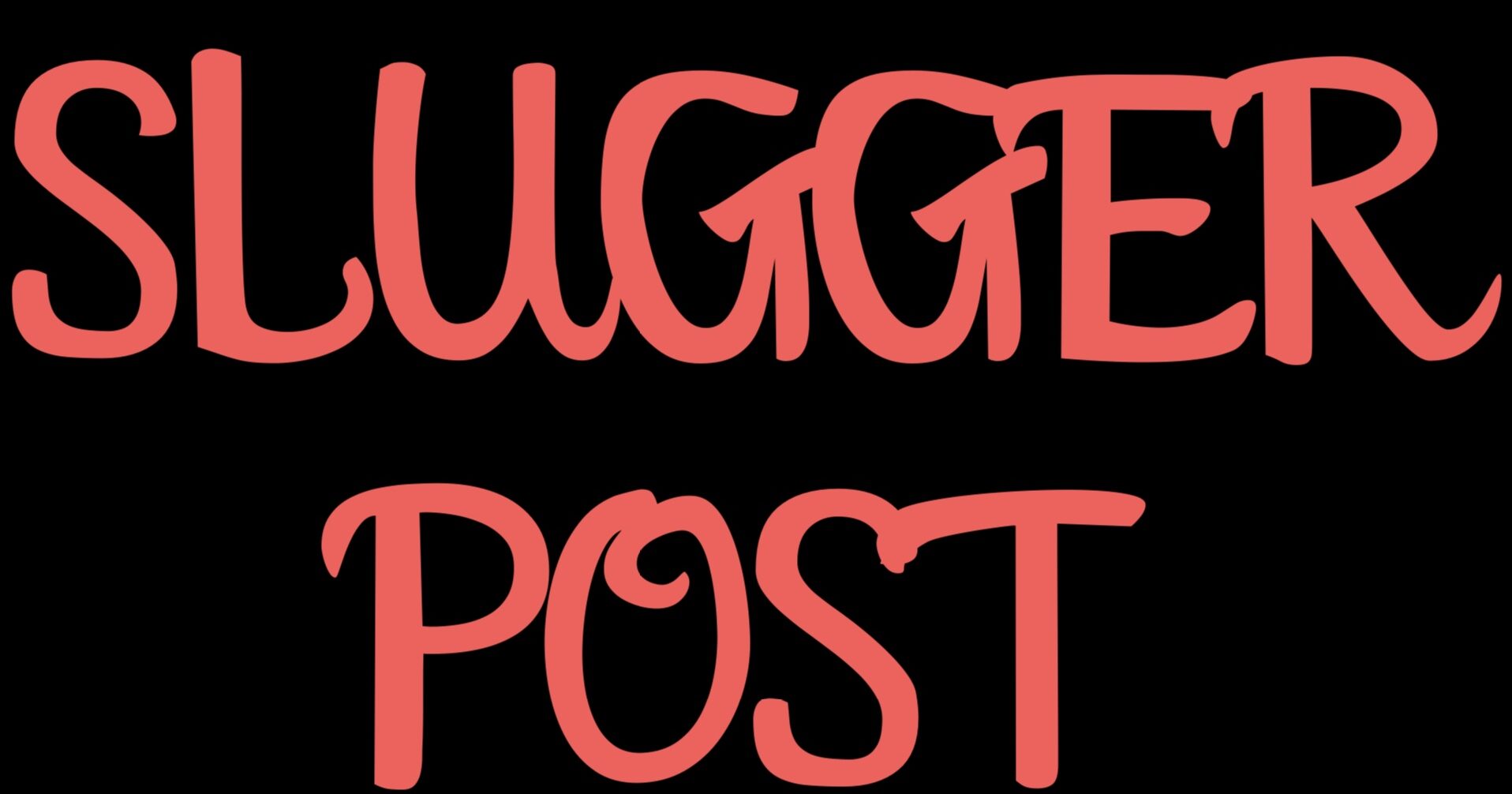The Moral Plate: Do Plant-Based Diets Signal Superiority?
Do Vegetarians and Vegans Look Down on Meat-Eaters?
This article explores the common perception that vegetarians and vegans feel morally superior due to their dietary choices. Many meat-eaters suspect a hidden message: “I’m better than you because I don’t eat meat.”
The author shares personal experiences where comments like “holier than thou” were thrown at them for simply discussing vegetarianism. This negativity seems to stem from feeling judged or preached to, rather than a genuine belief that all vegetarians are arrogant.
To address the stereotype, the author interviews two prominent figures in the vegetarian/vegan world: Bruce Friedrich and Colleen Patrick-Goudreau.
Both acknowledge vegetarians and vegans come from meat-eating backgrounds, negating the “superiority complex” idea.
They believe caring about animal welfare leads to a vegetarian/vegan lifestyle, not the other way around.
They see themselves as more consistent in their values because they avoid paying for animal suffering, while many meat-eaters claim to care about animals but continue to consume them.
They emphasize the ethical dimension of their choices – minimizing harm to animals and promoting compassion.
Despite these explanations, the perception of superiority persists. The author suggests this might be due to Vegetarians/vegans advocating for dietary changes, which can feel like pressure to conform.
Their goals, promoting animal welfare, clash with the “live and let live” mentality some hold regarding food choices.
Vegetarians and vegans may not see themselves as better, but rather advocate for a more compassionate and sustainable way of life. The focus is on their dietary choices being better for animals and the planet, not their personal moral standing. The confusion arises from the perceived judgment and the inherent challenge to some people’s food habits.



